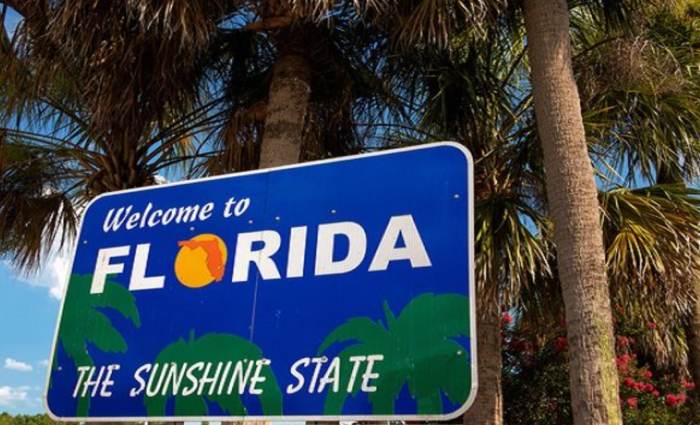Florida’s CFO backs reinsurance facility. But Floridians are the reinsurer of last resort

Florida Chief Financial Officer (CFO) Jimmy Patronis has responded to the Office of Insurance Regulation’s (OIR) announcement of a plan to launch a temporary reinsurance arrangement through Citizens Property Insurance Corporation as “unprecedented,” but in reality this along with other state-supported reinsurance all push more risk on taxpayers and citizens.
Patronis said the reinsurance arrangement “would serve to help stabilize coverage provided by certain carriers that Demotech is in the process of reevaluating.”
Also adding that he “applauded” Florida’s Governor for work to protect Florida policyholders.
“The temporary solution that was outlined today by the Governor and Commissioner Altmaier represents the State of Florida’s efforts at protecting and helping Florida policyholders,” Patronis explained.
Saying that the reinsurance arrangement or facility represents, “An unprecedented arrangement that would allow for a number of insurers, that Demotech is presently reevaluating, to continue offering coverage for policyholders.”
While also saying that the reinsurance arrangement will also provide “a lot of comfort to insurance agents who are monitoring things closely on behalf of policyholders.”
He agreed with Florida’s Governor in saying that “the reforms passed in the insurance special session are benefitting the overall health of Florida’s insurance market,” which is of course something currently highly-debated, with no evidence at this time of any slowing in litigation rates, or in benefits through rate decreases for consumers.
The issue of insurance in Florida is becoming increasingly politicised, even though those in politics have largely failed to do anything to support the marketplace or policyholders in a meaningful way.
It’s hard to disagree with Patronis on the point about the reinsurance agreement being unprecedented though.
There are no details available on the plans the Regulator has or how reinsurance will be provided to carriers at-risk of downgrades.
It’s important to note that Florida’s Citizens Property Insurance Corporation is the state’s insurer of last resort, not reinsurer of last resort.
Florida already has a reinsurer of last resort, or at least that is how the Florida Hurricane Catastrophe Fund (FHCF) used to be viewed.
Now, with the $2 billion Reinsurance to Assist Policyholders (RAP) program, which is outside of the FHCF, but also taxpayer funded, and now this new arrangement featuring Florida Citizens, it seems Florida might consider itself to have three reinsurers of last resort.
It’s worth stressing though, that Florida Citizens is an insurer, not a reinsurer, so it is not experienced in provision of excess-of-loss reinsurance, or quota shares, which would seem the most helpful arrangements for carriers that have struggled to secure enough capital or reinsurance to sustain an ‘A’ rating with Demotech.
Which begs the question whether this is actually going to be “reinsurance” at all, or whether this is more akin to a guarantee from Citizens that it will either support challenged carriers policyholders in some way, or that it will take them onto ensure continuity.
As we said, the details are lacking around the whole plan that was announced yesterday.
Ultimately, Florida doesn’t really have three “of last resort” reinsurance providers.
Really it is the taxpayer and policyholder that is the reinsurer of last resort and in 2022, should a major hurricane strike Florida, its residents may be on the hook for a far larger financial impact than they would have been in previous years.
The blame for that would have to stand firmly at the feet of lawmakers, who in recent years have voted down numerous attempts to apply far more meaningful reforms than we saw approved in this years special session of the legislative.
The chances to stem the litigation and fraud tide and reform the dysfunctional property insurance market have been many, in recent years, but any bill that looked likely to have truly meaningful effect was voted down in past House and Senate sessions, while the reforms passed this year are really a subset of those that failed to get through, which is now contributing to the growing lack of confidence in the state’s marketplace.
Read all of our news and analysis on the Florida insurance and reinsurance market.






